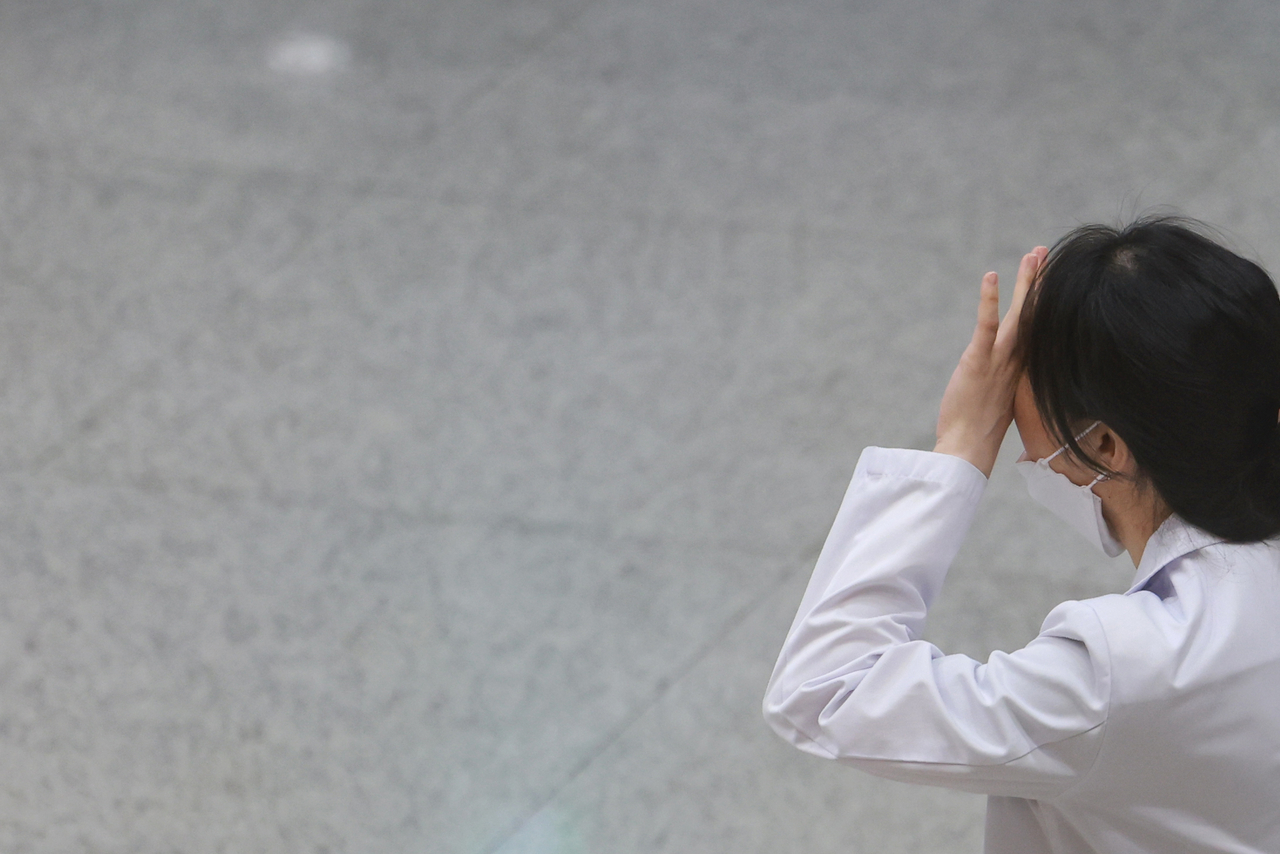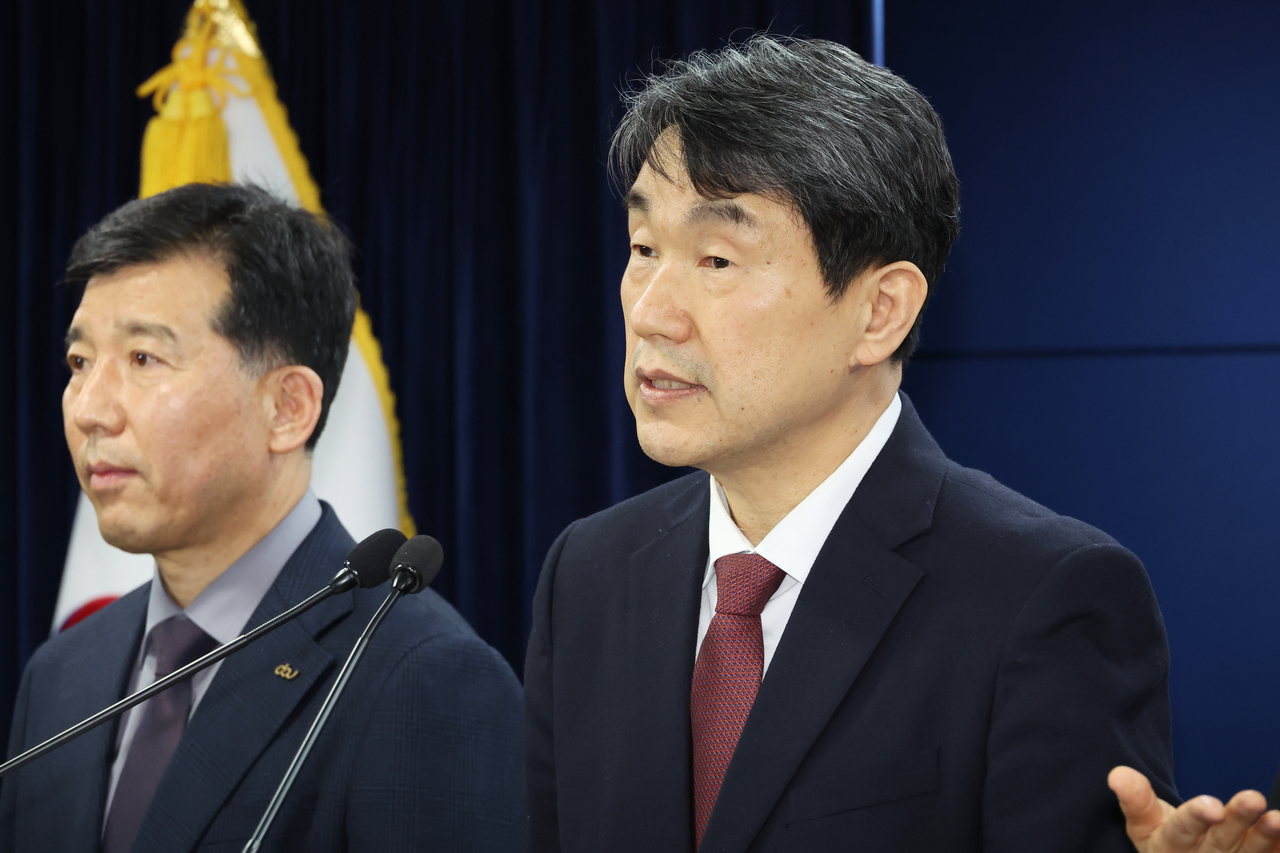
South Korea on Friday announced it would conditionally reverse its increase in medical school admissions quotas in hopes of ending a yearlong standoff with doctors groups.
The U-turn from now-impeached President Yoon Suk Yeol's decision to increase admissions by 2,000 places comes amid expectations of Yoon's impeachment verdict being announced soon.
The government said it would respect a request to reverse the Yoon administration's push to increase medical school admissions to address a shortage of doctors, particularly in critical care, on the condition that defiant students admitted in 2024 return to their classes by the end of March.
The request for the reversal came from 40 deans from universities with teaching hospitals, which are suffering the consequences of a massive walkout by trainee doctors' and medical students' refusal en masse to attend classes.
Friday's announcement, would thus allow medical schools to admit about 3,000 students combined for the academic year of 2026, as they had done so for nearly two decades until the academic year of 2024 when 3,058 students were accepted.
"The government will withdraw its (agreement with) the deans' proposal to decrease the medical school admission quota for the academic year of 2026 if students fail to return to their classroom before the end of March," Lee said in a briefing jointly held with deans of the universities.

Earlier on Thursday, Rep. Kweon Seong-dong, floor leader of the ruling People Power Party, in a nod to the teaching hospitals' proposal, said it was "appropriate" to normalize medical school classes, after his closed-door meeting with representatives of the government.
Despite fierce backlash from doctors, the Yoon administration had pushed ahead with the medical school expansion plan since February 2024, aimed at increasing the number of medical students entering the 2025 academic year to 5,058. As a result, 4,567 students were admitted to medical schools for the 2025 academic year.
Defiant medical students and fledgling doctors have been at odds with the Yoon administration, consistently calling for the complete reversal of the medical school expansion plan.
About 18,300 medical school students nationwide, or about 95 percent of all registered students, were estimated to have been on leave as of January, according to the government data compiled by Rep. Jin Sun-mee of the Democratic Party of Korea in February. In a separate estimate by Jin's office, fewer than 1,500 students had returned to classes. Moreover, over 7,000 trainee doctors have yet to return to their workplace.
South Korea's medical schools begin their academic year in March and run six-year programs.
The government also announced on Friday that those who were admitted to the 2024 academic year, missed classes throughout last year and returned this year, would — through academic calendar adjustments — likely be given a chance to graduate a semester earlier than those enrolling for the 2025 academic year.
consnow@heraldcorp.com




